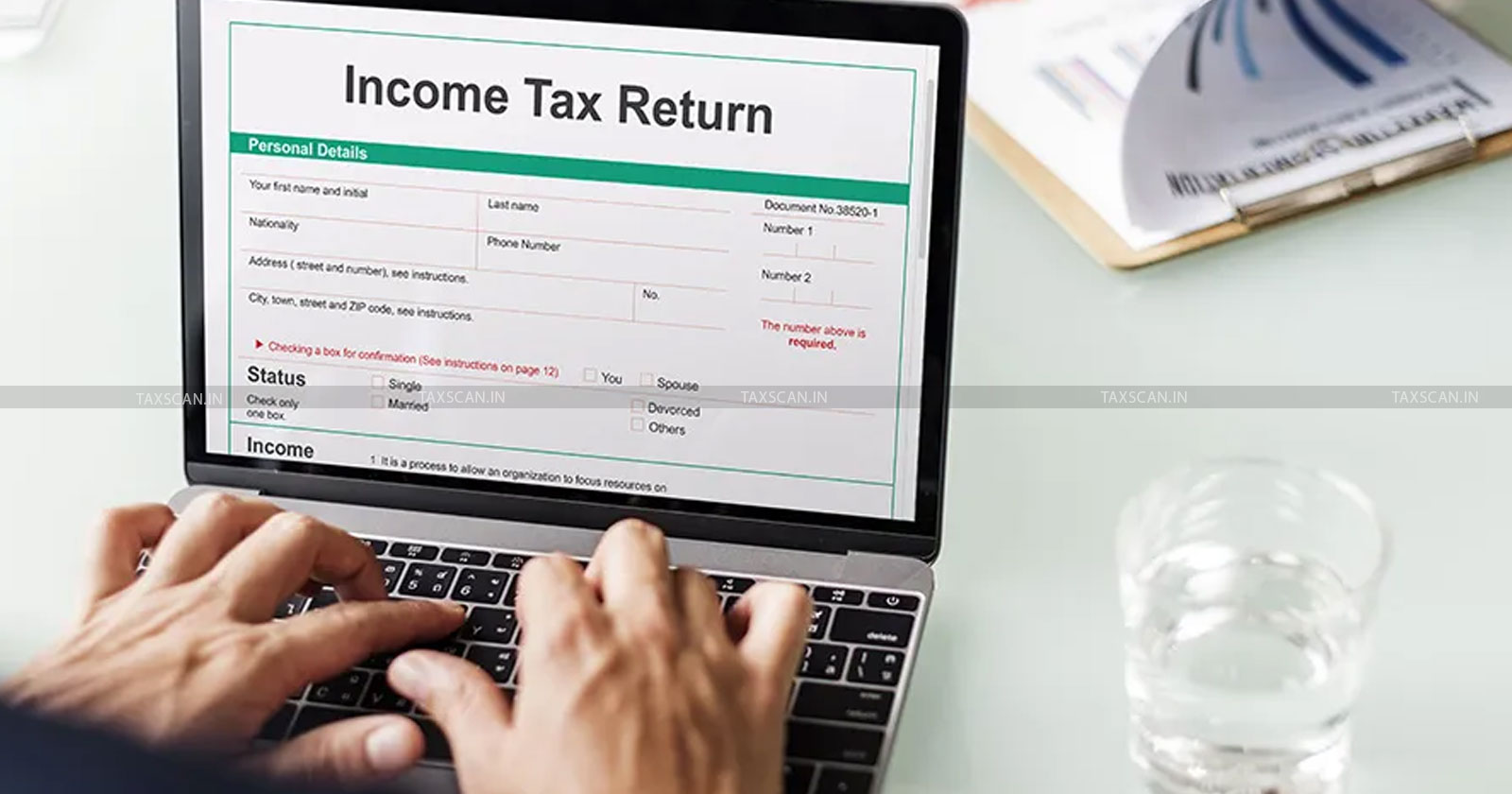Should You File Income Tax Return? Know all ITR Forms and Applicability
Do You Need to File an ITR? Read on to Know More.

Filing income tax returns (ITR) in India is mandatory for certain individuals, but can be voluntary for others. Understanding your obligation and the different ITR forms can help you decide whether to file and choose the right form.
Filing income tax returns (ITR) in India can be a daunting task, especially with the variety of ITR forms available. Understanding which form applies to you can save you time, effort, and potential penalties.
This article explores the different ITR forms (ITR-1 to ITR-7) and why taking a course on ITR filing can be beneficial for individuals in India.
Income Tax Return Filing Requirements
Here are some situations where filing an ITR is mandatory:
- Your total income exceeds the basic exemption limit: This limit varies depending on your age. For individuals below 60 years old, it is Rs. 2.5 lakh, for senior citizens (60-80 years) it is Rs. 3 lakh, and for super senior citizens (above 80 years) it's Rs. 5 lakh.
- You have income from multiple sources: Even if your total income falls below the exemption limit, you must file an ITR if you have income from sources like house property, capital gains, or business/profession.
- TDS (Tax Deducted at Source) or TCS (Tax Collected at Source) exceeds a certain limit: If TDS or TCS deducted throughout the year is above Rs. 25,000 (or Rs. 50,000 for senior citizens), filing an ITR is mandatory.
- You want to claim a tax refund: If you've paid more tax than you owe, filing an ITR is the only way to get a refund.
- You need to carry forward losses: If you have incurred business losses or losses from capital gains, you can only set them off against future income by filing an ITR.
- You are applying for a loan or visa: Many financial institutions and visa applications require ITR filing as proof of income.
Understanding ITR Forms:
The Income Tax Department offers various ITR forms to cater to different taxpayer profiles.
ITR-1 (Sahaj): Simplest form for salaried individuals with income below Rs. 50 lakh.
ITR-2: For individuals with income from various sources like capital gains, business, or foreign income.
ITR-3: For companies and individuals carrying on business or profession.
ITR-4 (Sugam): Simplified form for salaried individuals with income from specific sources up to Rs. 5,000.
ITR-5: For Non-Resident (NR) or Resident but Not Ordinarily Resident (RNOR) individuals.
ITR-6: Primarily for companies claiming tax exemption.
ITR-7: For specific entities like firms, companies, local authorities, associations of persons (AOPs), and artificial judicial persons claiming exemptions under various sections of the Income Tax Act.
Choosing the Right ITR Form
By understanding your income sources, filing obligations, and the applicability of each ITR form, you can choose the one that best suits your situation. If you're unsure, consulting a tax professional like a Chartered Accountant or taking an ITR filing course can be helpful.
Courses Available at Taxscan Academy - Enrol before Seats Run Out!
Live Online 3 Days Course on In-depth Analysis of ITR-1 and ITR-4
Live Online 3 Days Course on In-depth Analysis of ITR-2, 3 and 5
COMBO OFFER- 6 Hours Live Online Certificate Course on In-depth Analysis of ITR 1,2,3,4 & 5
While the government provides resources for ITR filing, navigating the process can be complex. Here's why taking a course can be advantageous:
Choosing the Right Form: Courses can help you identify the correct ITR form based on your income sources and filing eligibility.
Understanding Tax Calculations: Learn how to calculate taxable income, deductions, and tax liabilities accurately.
Optimizing Tax Benefits: Courses can guide you on claiming available deductions and exemptions to minimize your tax burden.
Avoiding Errors: Minimize the risk of errors that could lead to delays, penalties, or notices from the Income Tax Department.
Time Efficiency: Courses provide a structured approach, saving you time and frustration compared to self-learning.
Staying Updated: Tax rules and regulations can change. Courses ensure you have the latest information for accurate filing.
Taking an ITR filing course offers benefits beyond just meeting your tax filing obligations.
It empowers you with –
Financial Literacy: Gain a deeper understanding of your finances and tax implications.
Informed Decisions: Knowledge empowers you to make informed financial decisions throughout the year and
Confidence in Tax Matters: Feel confident in managing your tax filings and navigating future interactions with the Income Tax Department.
Conclusion Knowing whether you need to file an ITR and choosing the right form is crucial for fulfilling your tax obligations and potentially claiming benefits like tax refunds or carrying forward losses. So, take some time to understand your filing requirements and the available ITR forms. Remember, a little effort now can save you time, money, and potential penalties in the future.
Support our journalism by subscribing to Taxscan premium. Follow us on Telegram for quick updates


